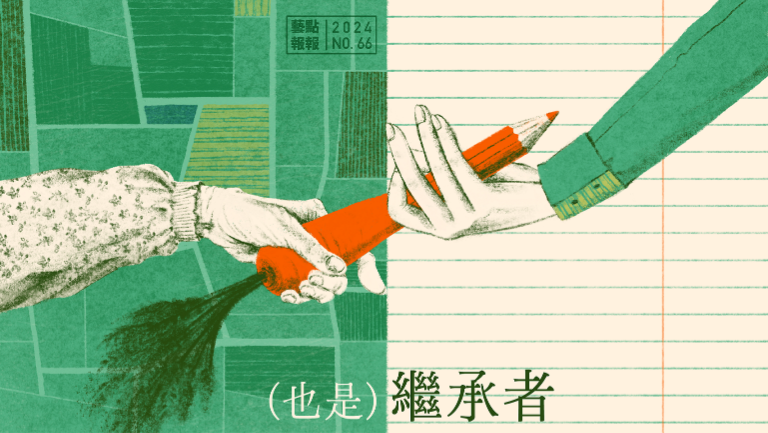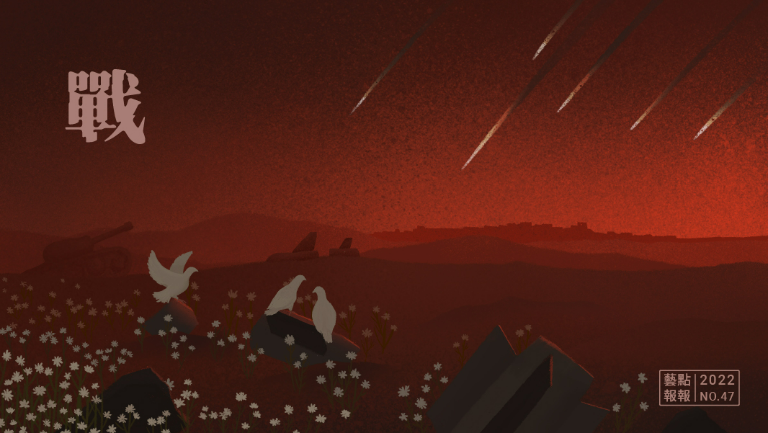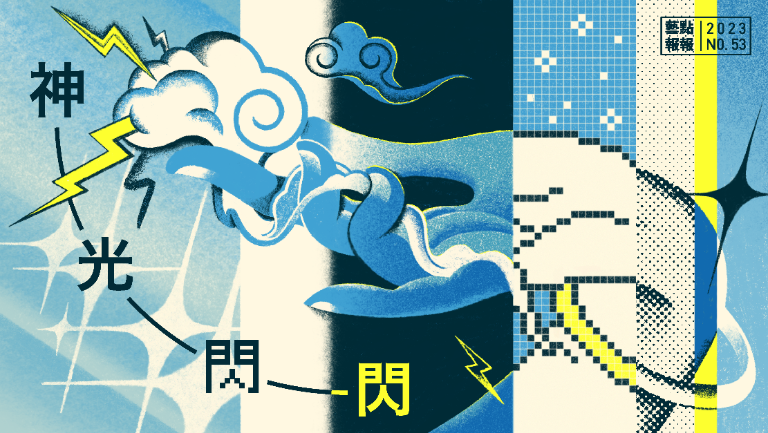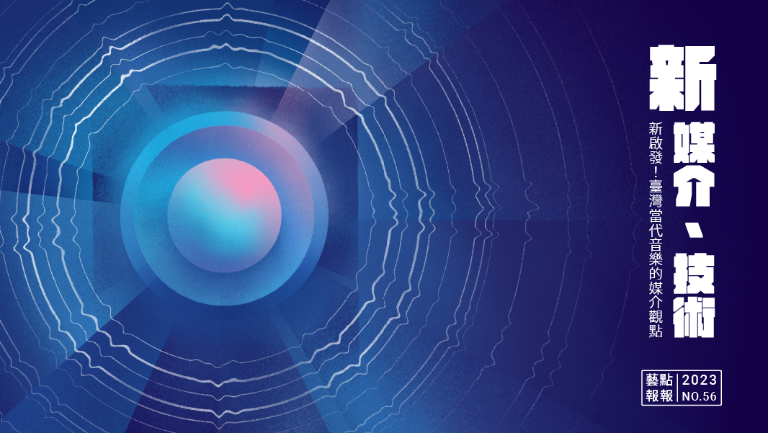In The Tree Remembers, a documentary on Malaysia's May 13 race riots in 1969, the director Lau Kek-Huat references the proverb, “What the axe forgets, the trees remember.” He uses those words to imply that even though the government has banned the discussion of this violent and racially discriminatory incident, the memories and experiences of what happened continue to remain in those who were involved. Subsequently, the documentary serves as a way to explore and validate history.
In facing the different histories of contemporary times, “to record” has become one of the most fundamental but also most radical functions of documentary film. The act of recording and documenting suggests that memories are preserved so that they may be passed on. In contrast to the “big histories/grand narratives” of nations or masses, documentary films often depart from individual perspectives to tell overlooked but extremely important little histories.
Leading renowned Chilean documentary film director, Patricio Guzmán, has made many films on Chile's complex historical and social issues through the perspective of the people. He once said, “A country without documentary films is like a family without a photo album.” And he also pointed out in one of his films, “Those who don't remember don't exist anywhere.”
Perhaps, we can also say that history comes from being documented. See You White House, a film that took director Lee Chien-Cheng years to complete, is about the secrets behind a white building that was constructed in the 1960s in Shuilin, a rural township in Yunlin County, Taiwan. With interviews conducted with Taiwanese people who were employed by the United States military to work in this building that's dubbed the “White House” and by combing through the history, the film tells a widely forgotten story from the period when Taiwan received aid from the U.S.
Documentaries often play a critical role in turning points in history.
Filmmaker Kevin H.J. Lee, known for his investigative reporting work, has personal experiences with how the Chinese communist government limits freedom of expression in Hong Kong and Taiwan. The Chinese title of his film, Self-Censorship is “并:控制,” which reverses the character “共” (gong, this character can be used to mean “together; with,” and it is also the first character of “共産,” or communism) to turn it into “并” (bing, which can mean “to merge; to annex”). The film uses a meticulous step-by-step approach to review and investigate several incidents in Taiwan and Hong Kong (including Hong Kong’s Umbrella Movement) and the structural causes behind them, analyzing the reasons for the loss of freedom of speech and press, as well as the potential political threats to the societies of Taiwan and Hong Kong. Three years after the release of this film told through first-person narration, the documentary now feels like a testimonial prophecy that foretells the political changes in Taiwan and Hong Kong.
Our Youth in Taiwan directed by Fu Yue follows a star of the Taiwanese student movement protesting against the Chinese regime and a widely-known Chinese student who loves Taiwan. The filmmaker also puts herself in the film to create a three-way dialogue with them. After the Sunflower Student Movement in 2014, they've been through nearly reaching the apex of success to gradually falling into the valley of disappointment, and their once-idealistic dreams have since become bewildered. On the other hand, The Edge of Night by Chiang Wei-Hua started documenting young people with demands on society during Taiwan's Wild Strawberries Movement, and it leads to the year 2014, when young people are seen coming out of the occupied Legislative Yuan, and on the sixth night of the Sunflower Movement, they climbed over fences into the Executive Yuan with thousands of people, attempting to heighten the intensity of the resistance, but all that was waiting for them were police batons, shields, and water cannons, making it a story of young people's journey through failures, decisions, and the affirmation of their identity.
When the Dawn Comes directed by Zhang Hong-Jie focuses on Taiwanese gay rights activist, Chi Chia-Wei, and uses a biographical approach to follow this first openly gay man in Taiwan’s unyielding challenge against social values. Following Taiwan's legalization of same-sex marriage in 2017, the film’s title also shows that it has been a long, hard journey of perseverance.
Documented, so we won't forget, should not forget, will not forget, and must not forget. To document is a literal practice of refusal to forget.
*Translator: Hui-Fen Anna Liao









